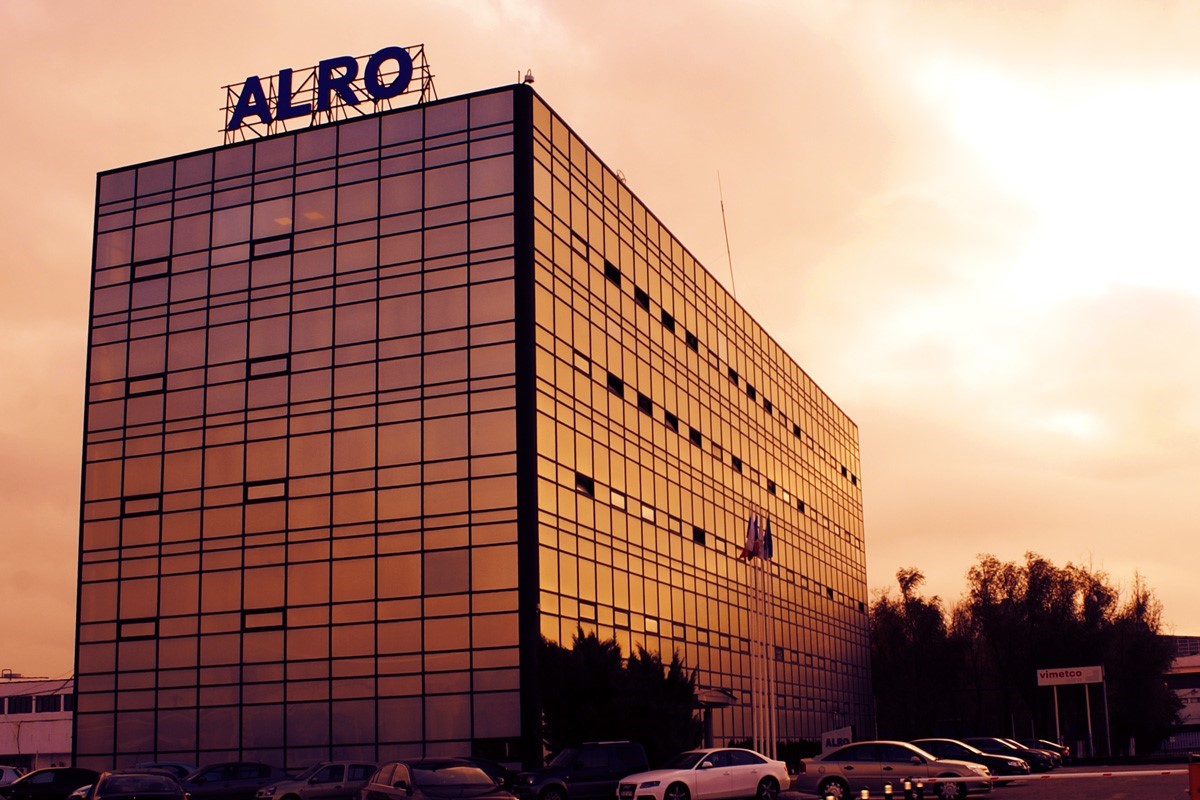ALRO Group, one of the largest vertically integrated aluminium producers in Europe, has announced its financial results of 2019, revealing a downfall in sales from RON 2.98 billion in 2018 to RON 2.78 billion in 2019, primarily as a result of unfavourable international and national market conditions.
The group in the year last registered a net loss of RON 67 million compared to a net profit of RON 235 million in 2018. The significant decrease in results was a direct consequence of a continuous downward trend of the LME and tough market conditions.

Marian NĂSTASE, Chairman of the Board of Directors of ALRO, said: “Facing adverse circumstances in the market, where LME showed a 15% decrease in 2019 compared to 2018, alumina market affected by excess output that led to downward selling prices, higher utility prices (energy and gas) in 2019 versus 2018, with increased acquisition prices for 2020, we implemented an anti-crisis program containing cost reductions and cash flow optimization measures for H2 2019 and 2020.”
Primary aluminium production of ALRO in the whole year stood at 280,326 tonnes, which in 2018 was 282,810 tonnes. Processed aluminium output, however, stood higher in 2019 at 104,614 tonnes compared to 100,501 tonnes in 2018.
The production of raw materials trended down. Bauxite production was 1.88 million tonnes and alumina 460,911 tonnes. In 2018, ALRO had produced 1.94 million tonnes of bauxite and 571,772 tonnes of alumina.
While announcing the financial results, ALRO also spoke about how the outbreak of Coronavirus affected its aluminium supply. Since several countries have temporarily closed their borders for individuals, there have been certain slowdowns and temporary bottlenecks to outbound supply from Romania and to imports of some materials from affected countries, ALRO said in a statement.
However, compared to processed products, ALRO’s primary aluminium supply is less affected as major clients are continuing their activities with no significant disruptions.
Marian Nastase said, "We postponed the investments except the maintenance CAPEX and those compulsory from an environmental and energy efficiency point of view, we lowered the inventories level, we minimised the scrap acquisitions in line with the flat-rolled products demand."
The company also reduced its stock of raw materials, limited aluminium electrolytic production by decreasing energy intensity, and delayed some capital repairs for the pots.
source https://www.alcircle.com/news/alros-aluminium-production-and-sales-trended-down-in-2019-beginning-of-2020-sees-covid-19-impact-53391

Comments
Post a Comment